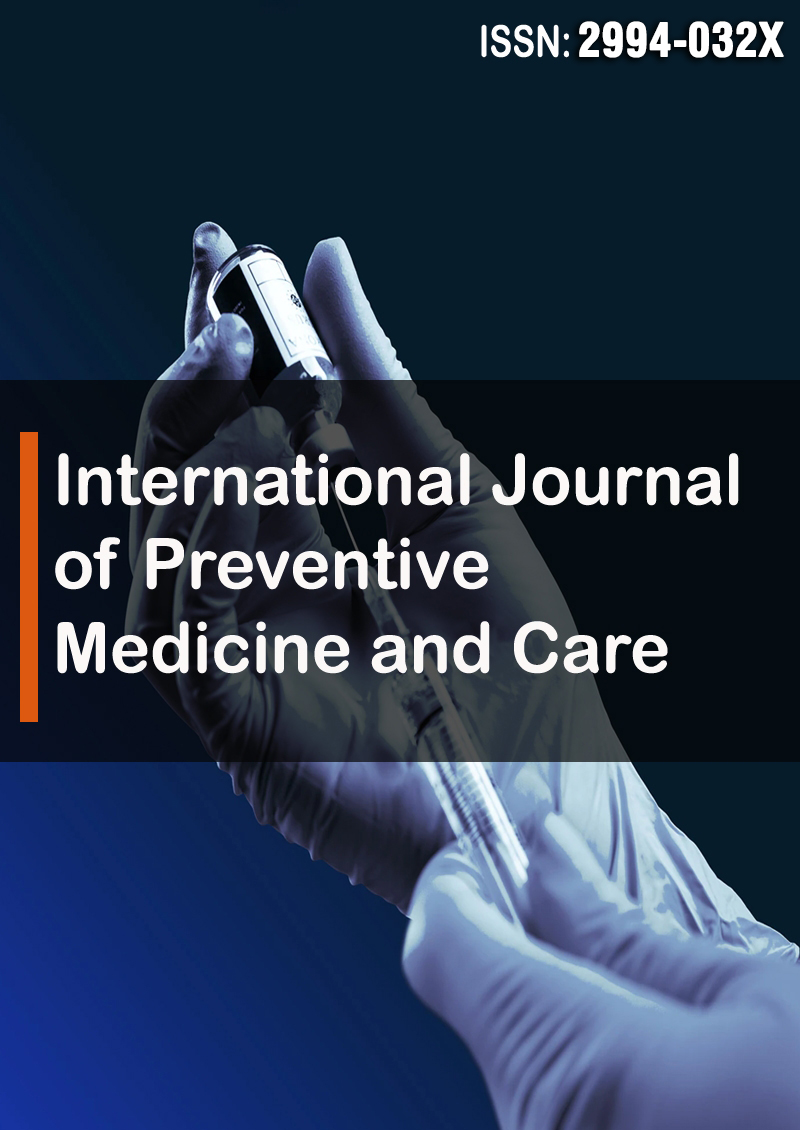Trends in Sudden Cardiac Death in Pilots: A Post COVID-19 Challenging Crisis of Global Perspectives (2011-2023) - A Systematic Review and Meta-Analysis
Abstract
Julian Yin Vieira Borges
Background: Sudden cardiac death (SCD) remains a significant threat to pilots and is a leading cause of death worldwide, jeopardizing flight safety and causing devastating consequences. This review examines trends in SCD among pilots from a global perspective, analyzing evidence from 2011 to 2023, with a focus on its growing impact as a global crisis and recent findings pointing to a potential rise in incidence, particularly after 2019.
Objectives: To analyze the prevalence, risk factors and prevention strategies for SCD in pilots, particularly post-COVID-19.
Methods: The PRISMA guidelines for systematic meta-analysis was used, a search of peer-reviewed literature for international aviation databases, and pilot associations was conducted to identify relevant data. The analysis focused on trends in SCD prevalence, risk factors, prevention strategies, and recent findings, including the potential impact of COVID-19, the role of vaccination, and important biomarkers to screen for predisposition. Eligibility criteria included studies reporting SCD incidence, risk factors, or prevention strategies in pilots. Data were extracted, and meta-analyses conducted.
Results: Recent studies suggest a potential increase in SCD incidence among pilots following the COVID-19 pandemic. Cardiovascular complications, increased stress, disruptions in healthcare, and changes in lifestyle may contribute to this potential rise. Identified risk factors include age, male gender, and cardiovascular comorbidities. Biomarkers such as troponin, N-terminal pro-B-type natriuretic peptide (NT-proBNP), and high-sensitivity C-reactive protein (hs-CRP) have been identified as potential indicators of increased SCD risk in pilots. Preventive measures include regular cardiovascular assessments and lifestyle modifications.
Conclusion: SCD remains a significant and rising threat to pilots, posing a global crisis that requires immediate attention. Through a comprehensive approach that includes risk assessment, preventive measures, emergency response, and preventive protocols, the aviation industry can mitigate this risk and safeguard the lives of pilots and passengers.
This review also suggests standardized examination protocol for pilots includes regular cardiovascular risk assessment, biomarker screening, monitoring of COVID-19 and vaccination status, lifestyle modifications, and a standardized reporting system. The adoption of a standardized protocol by aviation regulatory bodies and airlines worldwide is crucial to address the growing threat of SCD among pilots and ensure the highest standards of aviation safety.



